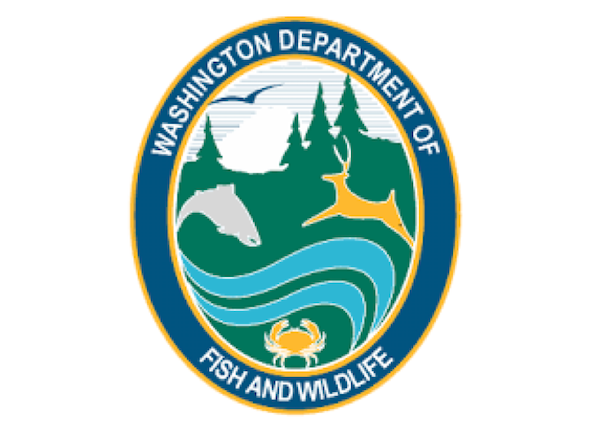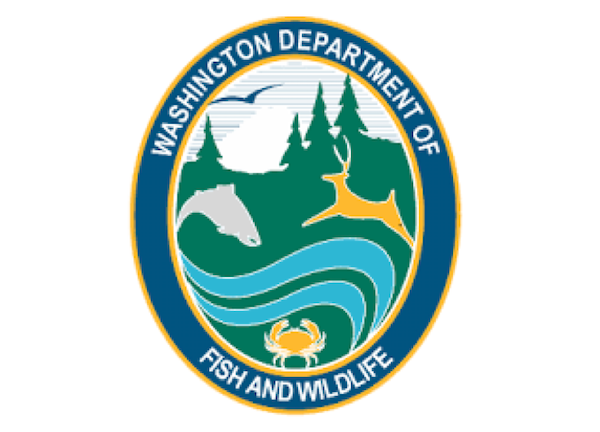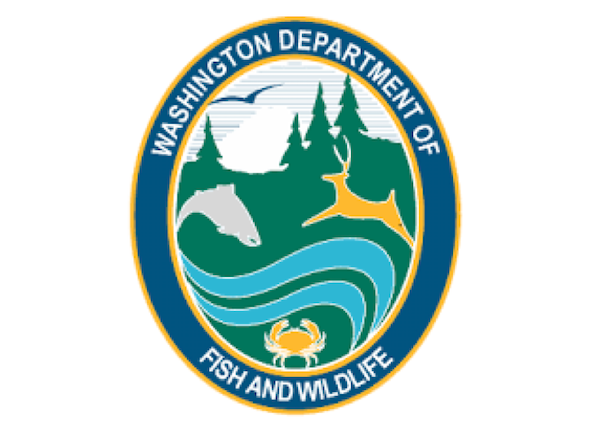Idaho Fish Report
Scientists to conduct aerial survey of Chinook River Estuary in Pacific County

by WA Department of Fish & Wildlife Staff
7-21-2021
Website
OLYMPIA – Scientists with the Washington Department of Fish and Wildlife (WDFW) will fly a drone over the 1,500-acre Chinook River Estuary in Pacific County to gather data about habitat conditions. Drone flights will take place exclusively on public land for up to five days between August 2021 and May 2022, depending on weather and visibility.
The aerial survey area includes the WDFW-managed Chinook Wildlife Area Unit and surrounding Lingenfelter Road, Highway 101, and Chinook Valley Road.
Since 2009, the Department’s Lower Columbia Estuary Team has worked to improve tidal connectivity in the Chinook River Estuary by replacing old infrastructure with retractable tide gates. The team continues to coordinate with neighboring landowners to keep the tide gates open for as long as possible to allow salmon and other native fish access to rearing habitat while avoiding flood damage to nearby properties.
“Our aerial survey will gather important data about flooding conditions and invasive species coverage in the Chinook River Estuary,” said Laura Brown, Lower Columbia River restoration coordination manager for WDFW. “These data will help improve how we manage tide gates and vegetation at the Chinook Wildlife Area Unit.”
Brown said timing of drone flights depends largely on weather, tidal events, and pheasant release dates. Flights to survey for invasive species will occur during late summer, while flights collecting data on flooding will need to take place during the winter months. WDFW will not fly the drone during pheasant releases and the pheasant hunting season that takes place from late September through November.
The Chinook Wildlife Area Unit is part of the Johns River Wildlife Area and features freshwater wetland and riparian habitat, offering visitors opportunities to view a variety of wildlife, including diverse bird species. WDFW’s management focus for the Chinook Wildlife Area Unit is estuary restoration.
Formed where freshwater and saltwater mix, estuaries are valuable ecosystems for people and wildlife. Estuaries serve as nursery habitats for a variety of marine life, filter nutrients from run-off, support diverse wildlife species, and can shield coastal areas from storm surge, flooding, and erosion.
The Washington Department of Fish and Wildlife works to preserve, protect and perpetuate fish, wildlife and ecosystems while providing sustainable fish and wildlife recreational and commercial opportunities.


